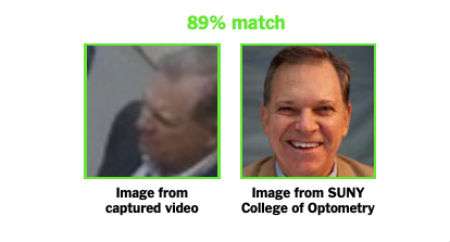Last month, the libertarian-leaning Sen. Rand Paul (R–Ky.) introduced along with Sen. Tom Udall (D–N.M.) the American Forces Going Home After Noble (AFGHAN) Service Act, which would pull within one year all U.S. troops out of Afghanistan with the exception of diplomatic protection and intelligence operatives. The bill, which also sunsets the 2001 Authorization for the Use of Military Force (AUMF) that the war has been fought under, makes manifest a theme Paul has sounded since entering the Senate in 2011—why not, at long last, declare victory and come home?
It’s not just America’s longest war that Paul wants to end. He wants no more troops in Syria, no more support for Saudi Arabia’s war against Yemen, and no more end-of-fiscal-year spending boondoggles to keep the Pentagon perennially flush. In all of these efforts, the war skeptic is attempting to bend the ear of President Donald Trump, whose foreign policy track record and roster of advisers are decidedly mixed on the questions of intervention and deployment.
I am scheduled today to ask Paul about his Trump-whispering campaign, and related efforts to get the troops home from Afghanistan, during the second of my four-day hosting stint on Sirius XM Insight’s Stand UP! with Pete Dominick program, which runs from 9 a.m. to 12 p.m. ET on channel 121.
Since hair-sniffer Joe Biden had been scheduled to announce his candidacy for president Wednesday (it is now slated for Thursday, though I’ll believe it when I see it), we have prepared an otherwise Biden-tastic episode to set the campaign mood. Guests include:
* Beloved Reason contributor Daniel Drezner, who will talk about his current issue (May) cover story, “Will Today’s Global Trade Wars Lead to World War III?”
* Progressive media/politics New York character Nomiki Konst, who will talk about some of Biden’s policy and personality problems.
* Mother Jones Editorial Director Ben Dreyfuss, who will talk about how maybe Democratic Twitter isn’t exactly the Democratic Party, and what that might portend for the Biden conversation.
* CNN politics number-cruncher Harry Enten, who will divine what the numbers say about Biden and the rest of the field.
You can call throughout the program at 1-877-974-7487.
from Latest – Reason.com http://bit.ly/2PsCo6y
via IFTTT



